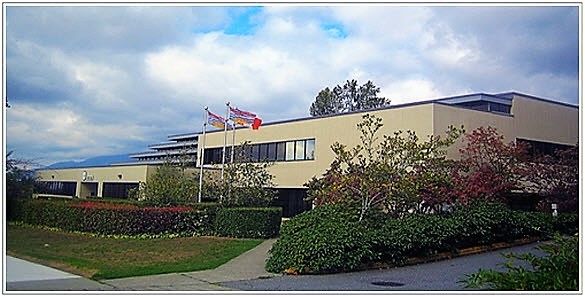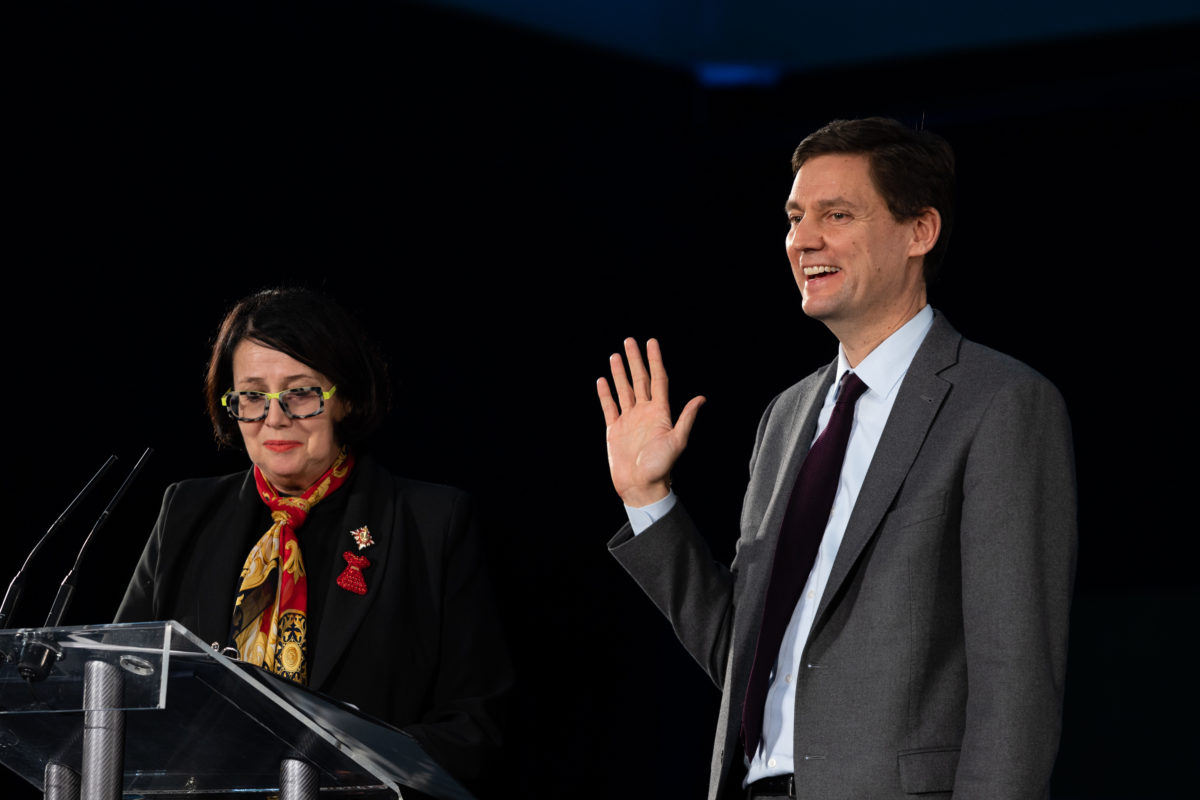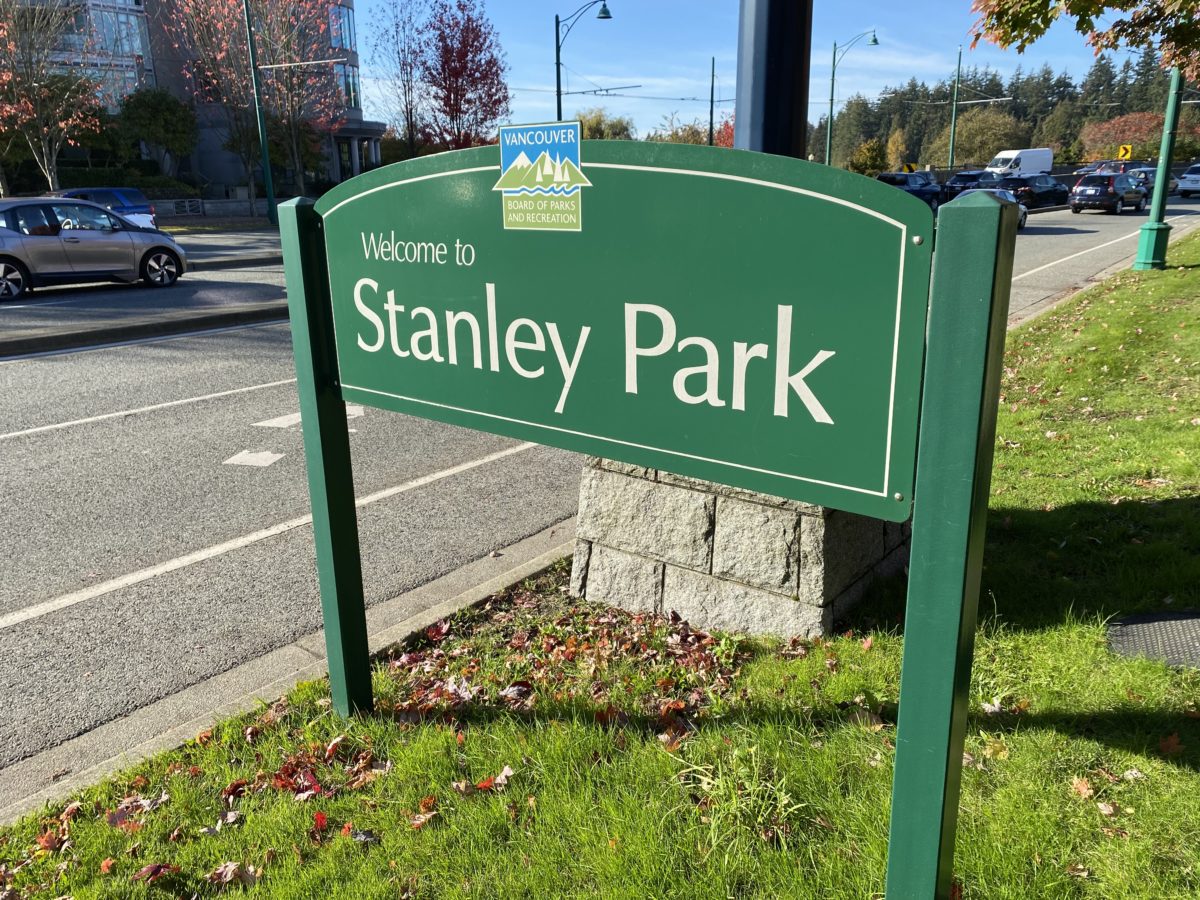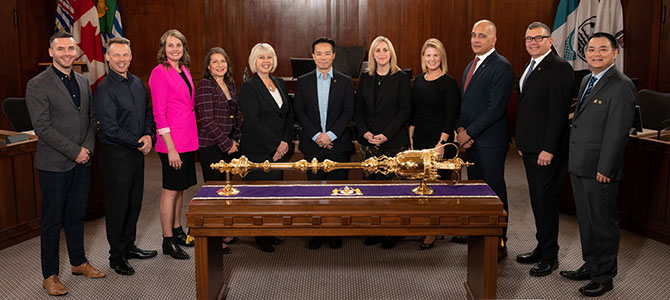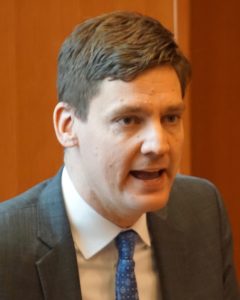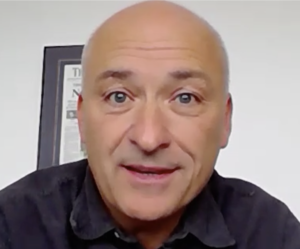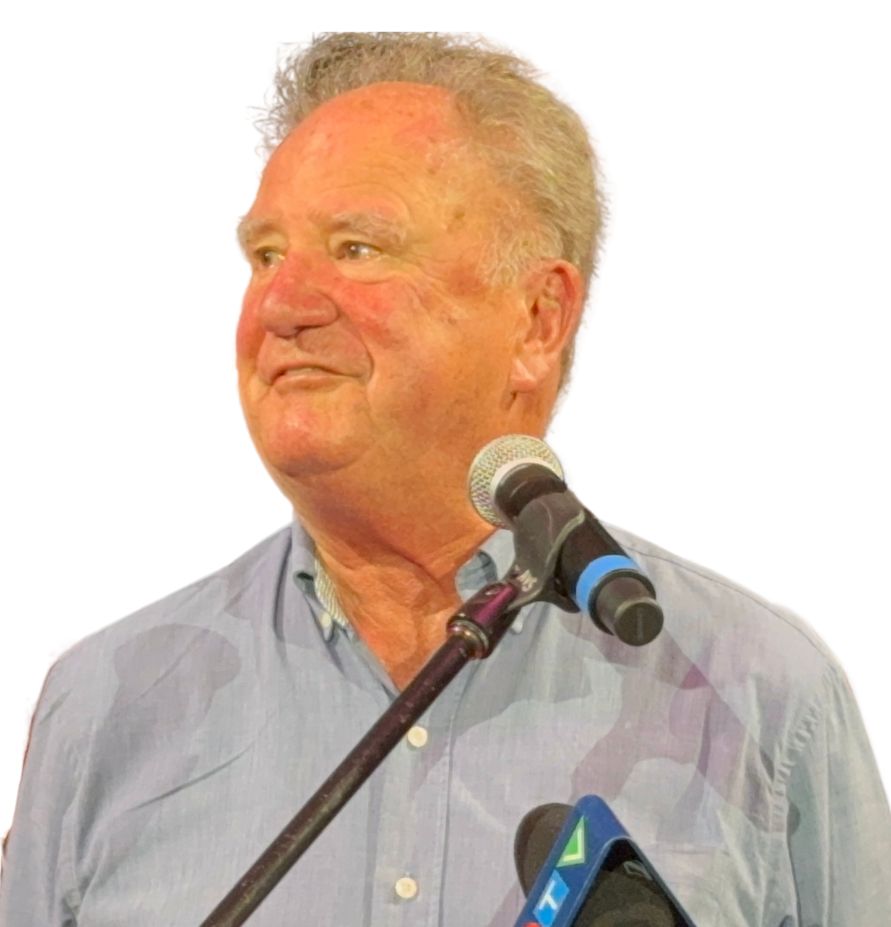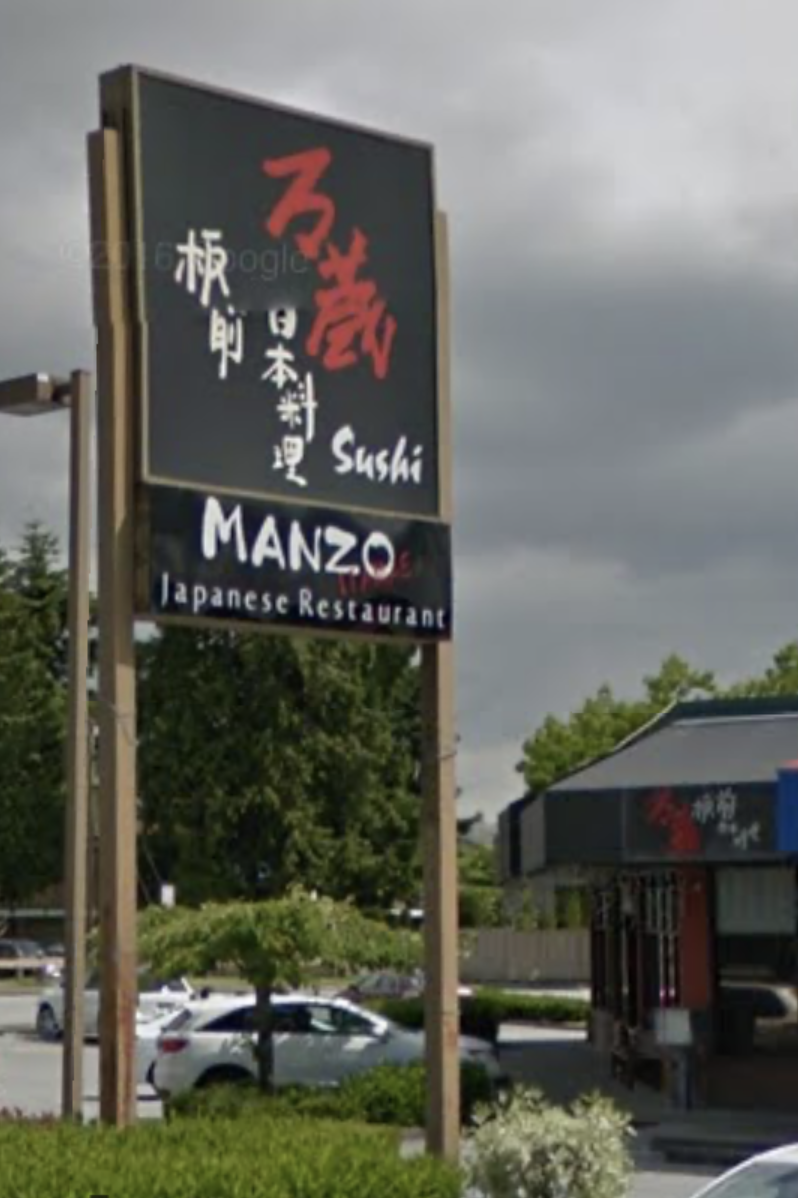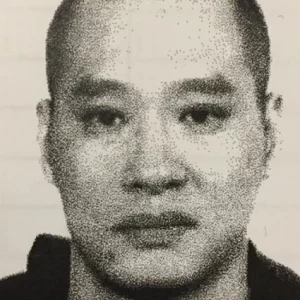Could NDP revive First Nations land management amendments, post-election?
Briefly: Document about the NDP’s shelved Land Act amendments reinforces the proposed sharing of Crown land management with First Nations.
Conservative candidate says the NDP needs to be transparent about their plans and hold a referendum.
Bob Mackin
If the NDP wins the Oct. 19 provincial election, is Premier David Eby planning to revive the shelved plan to share management of Crown lands with First Nations?
On Sept. 19, at one of his last pre-election conferences, Eby was asked about a document that the Conservatives suggest would give First Nations the power to make Land Act decisions and for the minister responsible to supersede individual land rights.
“No, not at all,” said Eby, who called it a conspiracy theory.

David Eby, centre, on Sept. 19 (BC Gov/Flickr)
“Bringing that approach to our relationship with Indigenous people, and the fact and the reality that Indigenous people have rights protected under the constitution of Canada, that they have repeatedly, successfully asserted in court, and that we have to work in partnership together going forward, bringing that conspiracy theory approach to say things that simply are not correct is not helpful.”
Eby, however, later conceded: “We need certainty. We need agreements. We need partnership.”
The NDP had planned to pass Land Act amendments during last spring’s sitting of the Legislature in order to share decisionmaking with Indigenous governing bodies so as to align more B.C. laws with the 2019 adoption of the United Nations Declaration of the Rights of Indigenous Peoples.
Early this year, the government slipped a summary of the proposal onto the consultation website. It did not publicize the proposal by either a news release or news conference. The BC United opposition said that is because the government wanted to ram it through the last session of the Legislature before the election with minimal debate.
Nathan Cullen, the NDP Minister of Water, Land and Resource Stewardship, downplayed the proposed changes and claimed to have discussed it with 650 people in mining, forestry, energy, ranching, tourism, hunting and fishing.
On Feb. 21, however, Cullen shelved the proposal, admitting it was contentious.

From Proposal to enable Land Act decisions to be
made with Indigenous Governing Bodies
(Ministry of Water, Land and Resource Stewardship)
The government website includes a nine-page Feb. 14 presentation, but it differs from the 10-page, Jan. 12 version.
Scroll down to read the Jan. 12 version.
The presentations both explain that the Land Act allows for access and use of public land for 25 separate programs from communication towers to agriculture to waterpower projects.
The February, version reiterated the legal requirement for the province to consult affected First Nations on all Land Act decisions. It also claimed that the amendments would not “lead to broad, sweeping or automatic changes.”
“There is no impact from the proposed amendments to the public’s ability to access Crown land, to existing tenures or existing decision-making processes,” the February presentation said.
The January version, however, contains a unique chart on a page headed Objective, which shows the stark difference between the status quo and the proposed amendments, in that “Land Act decisions could now be made by First Nation/Indigenous Governing Bodies and Minister.”
Elenore Sturko, the Conservative candidate in Surrey-Cloverdale, posted on X, formerly Twitter: “I am shocked to see Eby so blatantly lie when asked about it.”
Sturko, originally elected in Surrey South for BC United, said the NDP proposal would see the government give land use power to First Nations governments that are not accountable to the wider electorate.
If the NDP wants to go ahead with the amendments, Sturko said Eby should be transparent during the election and commit to holding a referendum afterward.
Eby was speaking Sept. 19 at the announcement of a $672 million public financing deal for 2,600 units of housing at the MST Development Heather Lands in Vancouver. NDP insiders Joy MacPhail and Mike Magee are both on the board of MST partner Squamish Nation’s Nch’kay Development Corp.
Support theBreaker.news for as low as $2 a month on Patreon. Find out how. Click here.
Proposal to Enable Land Act Decisions to be made with Indigenous Governing Bodies by 2010goldrush on Scribd
Briefly: Document about the NDP’s shelved Land













